A new memo on the climate crisis from Bill Gates relies on “straw man” arguments about the threat to humanity and “false dichotomies” between spending on climate or aid for the poor, some climate scientists say.
Published last week, the tech billionaire’s 17-page missive called for a “strategic pivot” away from focusing on slashing emissions and towards preventing poverty and suffering. It was quickly picked up by some on the right, including Donald Trump, who hailed it as a much-needed backpedaling on climate efforts.
“I (WE!) just won the War on the Climate Change Hoax. Bill Gates has finally admitted that he was completely WRONG on the issue,” the president posted on Truth Social.
Gates said in an interview with Axios on Monday evening that Trump’s post was a “gigantic misreading of the memo” and that he was increasing his funding to climate and health. But he added that with climate aid to the global poor countries often choose between the two issue areas.
“This is a numeric game in a world with very finite resources,” Gates said.
But funding for emissions reduction need not come at the expense of aid to eradicate hunger or poverty, said Zeke Hausfather, a research scientist at Berkeley Earth.
“Where I think I disagree with Gates fundamentally is this idea that by taking money away from climate we’d suddenly have a lot more money for these other programs,” he told reporters at a Tuesday press briefing. “We don’t necessarily live in a zero-sum world.”
In his memo, Gates wrote that global warming “will not lead to humanity’s demise”. This misunderstands climate scientists’ warnings, said Katharine Hayhoe, chief scientist at the Nature Conservancy.
“I have not seen a single scientific paper that ever posited that the human race would become extinct … it’s a straw man, the way he’s proposing it,” she said. “He’s speaking about it as if scientists are saying that, and we’re not: what we are saying is that suffering increases with each 10th of a degree of warming.”
The memo from a “very influential person who controls a lot of money” hinges on an “inarguably a false binary” between a world where everything is fine and “literally the end of the world”, said Daniel Swain, a climate scientist at the University of California Agriculture and Natural Resources.
“In reality, there’s a whole hell of a lot of bad things that can happen in between,” he said.
Climate policies have helped the world avert worst-case climate scenarios, but the track the world is on now would still yield massive amounts of human suffering due to increased sea level rise, droughts, floods and other dangers, said Swain.
“It is a catastrophe, not just for people who live in the global south or for poor nations, but also for wealthy nations,” he said. “It’s a catastrophe for all global ecosystems.”
Gates’s memo is “disconnected from the way the world works”, said Swain. For instance, it posits that when the world warms, “some outdoor work will need to pause during the hottest hours of the day, and governments will have to invest in cooling centers and better early warning systems for extreme heat and weather events”.
Though “everyone deserves air conditioning”, the reality is that many parts of the world do not have it, Swain said.
“If you think climate is not important, you won’t agree with the memo. If you think climate is the only cause and apocalyptic, you won’t agree with the memo,” Gates told reporters last week. “It’s kind of this pragmatic view of somebody who’s, you know, trying to maximize the money and the innovation that goes to help in these poor countries.”
Tuesday’s conversation about the memo came just days before the start of the Cop30 global climate summit in Brazil. The talks will present an opportunity to truly take on the climate crisis, said Hayhoe.
“We have to be talking about phasing out fossil fuels,” she said.

 German (DE)
German (DE)  English (US)
English (US)  Spanish (ES)
Spanish (ES)  French (FR)
French (FR)  Hindi (IN)
Hindi (IN)  Italian (IT)
Italian (IT)  Russian (RU)
Russian (RU)  2 hours ago
2 hours ago



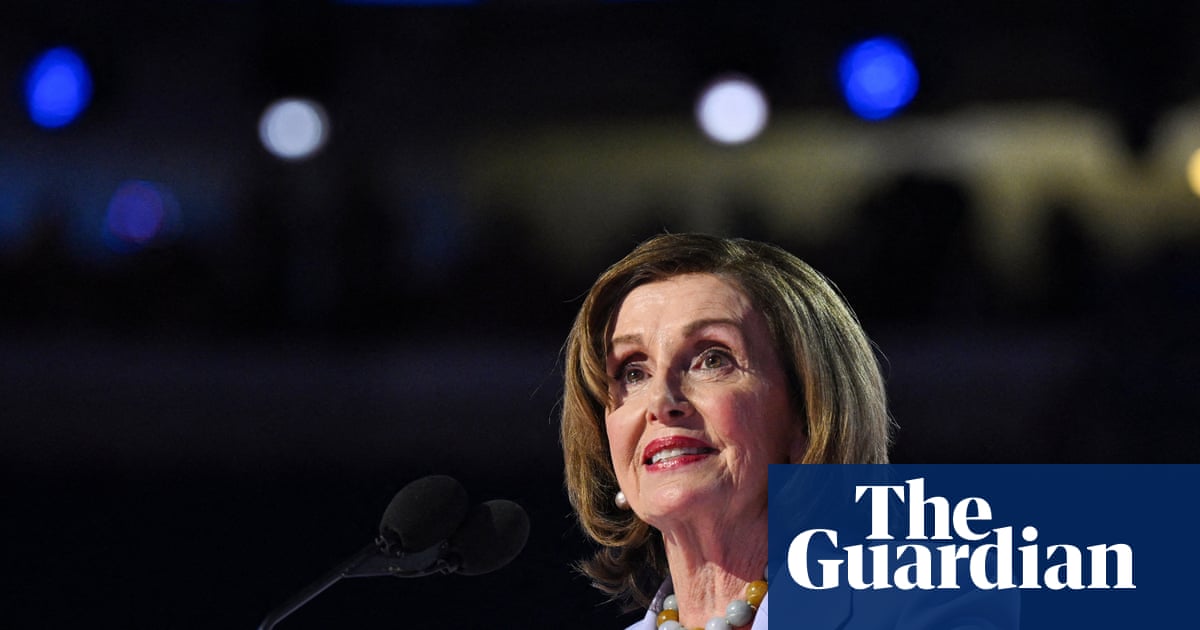


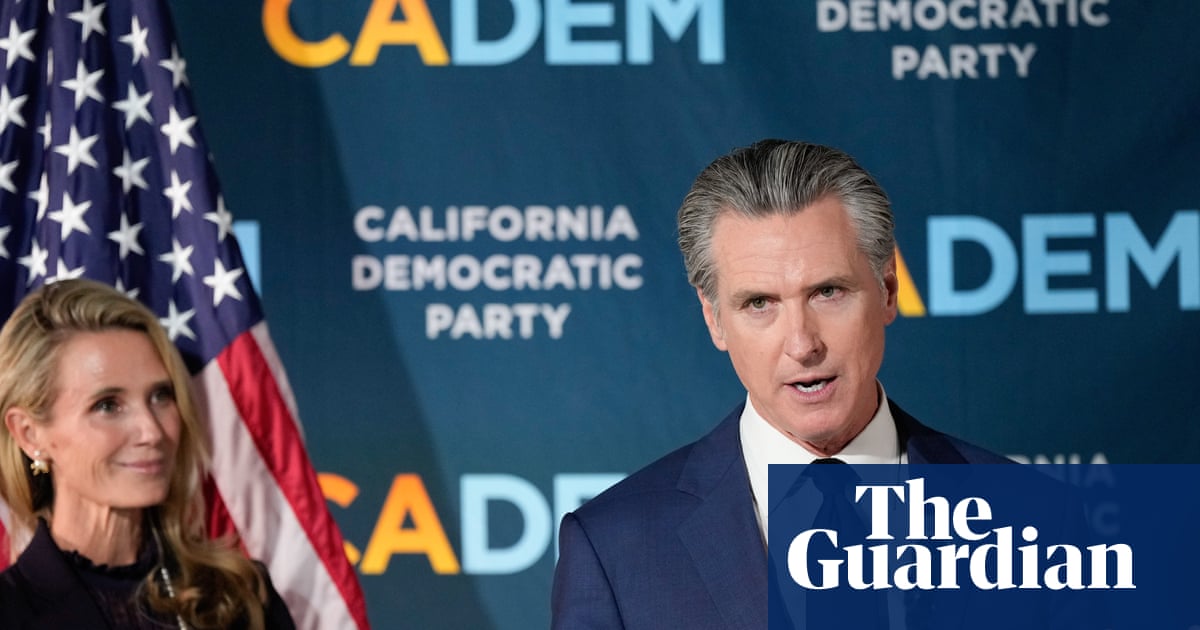


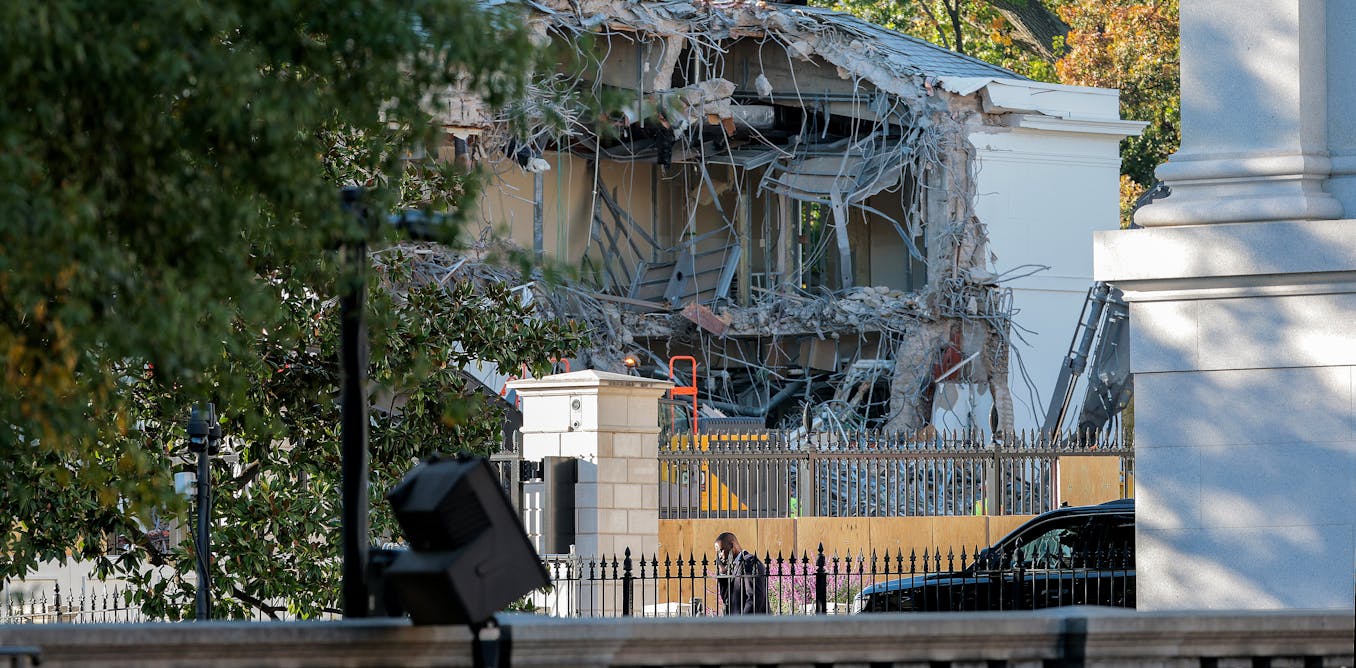
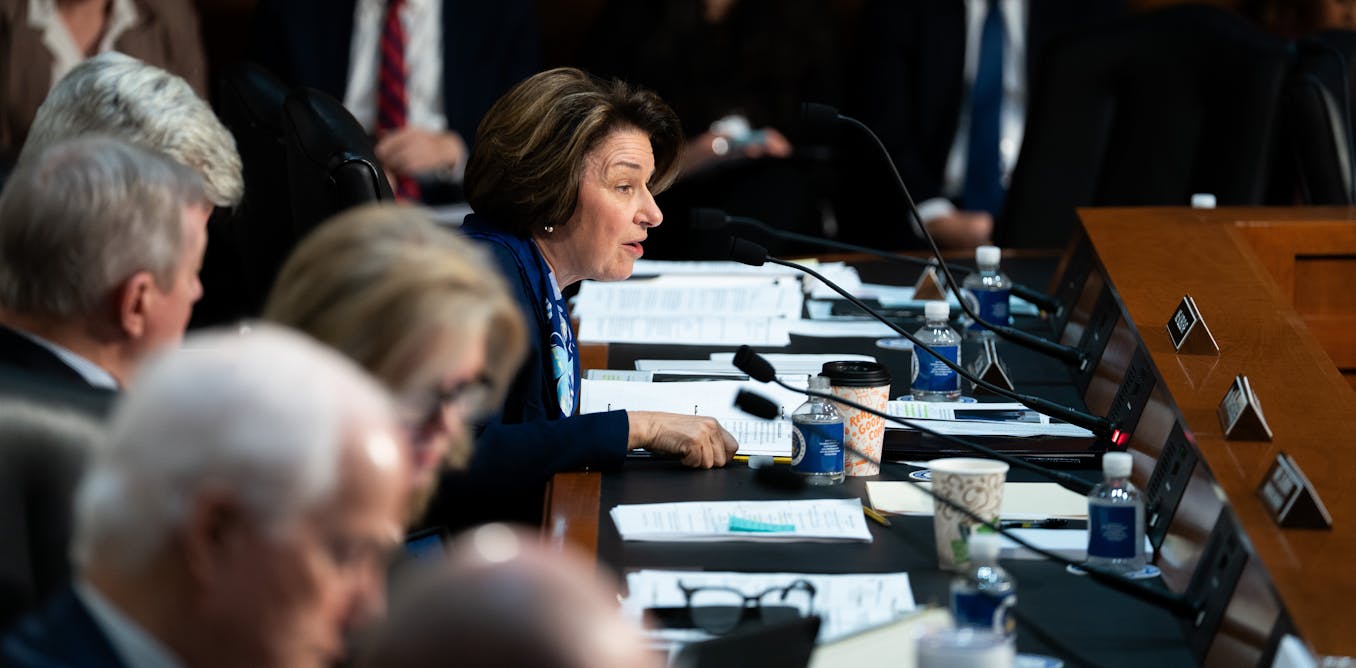










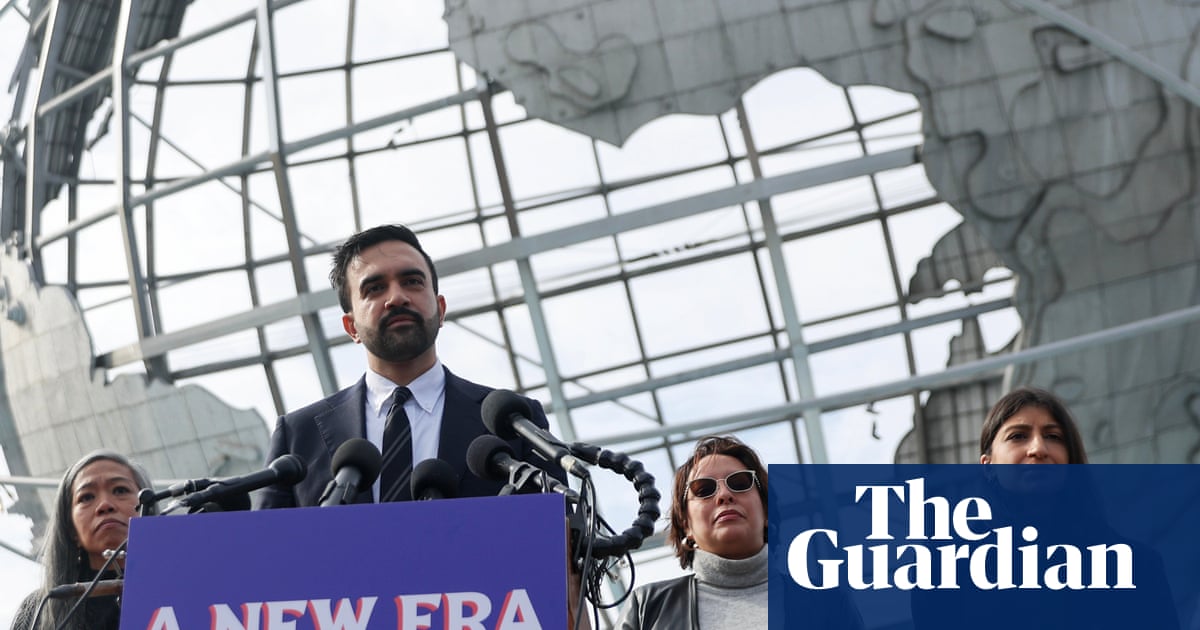


Comments